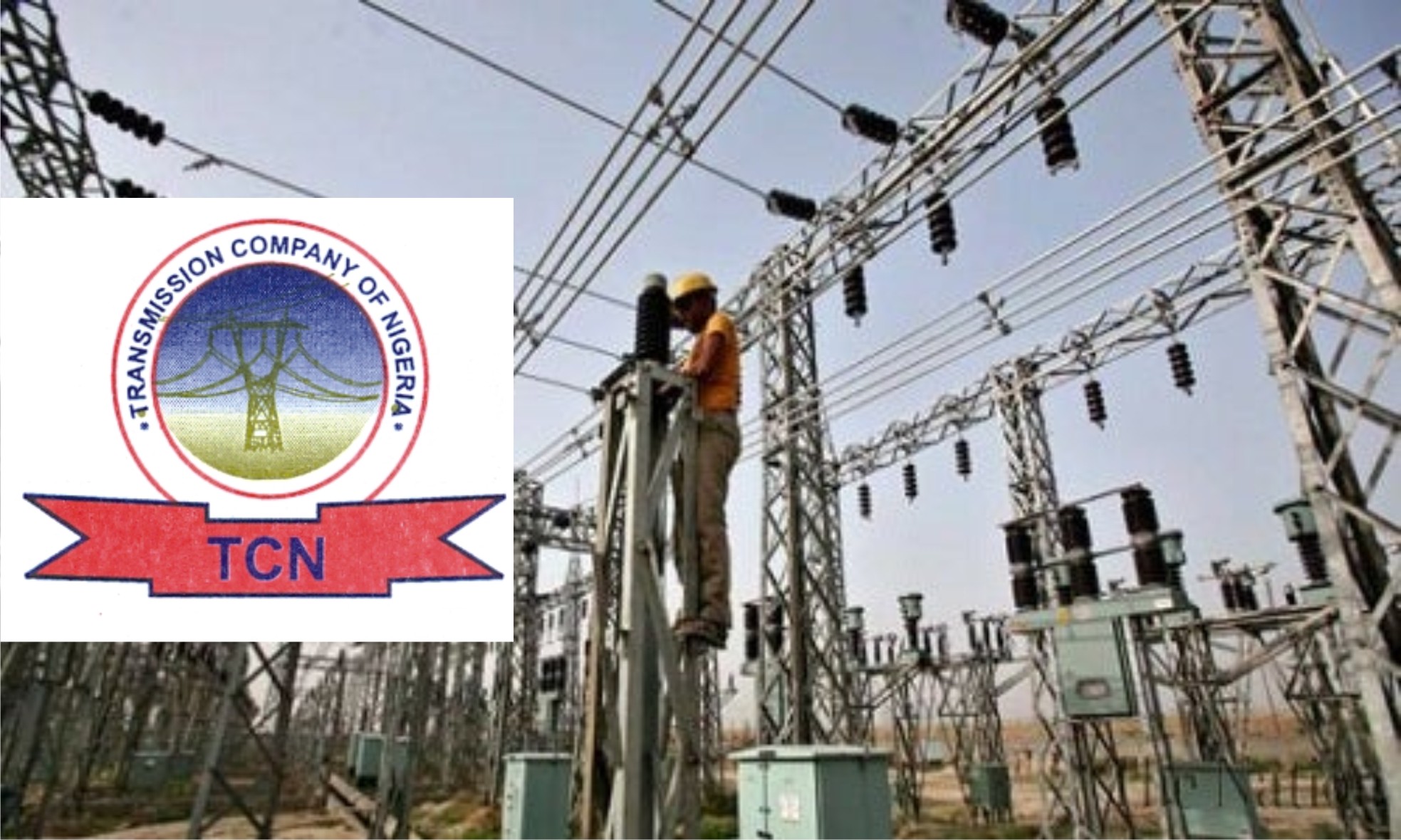Business
Commission Accuses MDAs, Contractors Of Submitting Varying, Suspicious Records
Assessment of the annual budgets of Ministries, Departments and Agencies of the Federal Government revealed ‘suspicious discrepancies’ in figures submitted by contractors and the supervising MDAs.
The Fiscal Responsibility Commission, which reported this development, said the irregularities were unearthed in the course of the monitoring of the budgets of MDAs by the Budget Office of the Federation.
The 2018 Annual Report and Audited Accounts of the FRC said the discrepancies were more prominent in the ministries of Power, Works and Housing, Niger Delta Affairs, Water Resources and Aviation.
Section 30 of the Fiscal Responsibility Act, 2007 mandates the Budget Office to monitor and evaluate MDAs annual budgets, assess the attainment of fiscal targets and report to the Joint Finance Committee of the National Assembly and the FRC.
In fulfilment of the mandate, the Ministry for Budget and National Planning conducted physical inspection of selected capital projects across the six geo-political zones of the country.
Highlighting key observations of the exercise, the FRC, in the report, said, “The submission of financial transcript by some MDAs and that of contractors often showed discrepancies in figures that gives room for suspicion.
“This was noticeable in many agencies, particularly Power, Works and Housing, Niger Delta Affairs, Water Resources and Aviation ministries.”
The report stressed the “need to reconcile financial transcripts of contractors with the supervising ministries to ensure uniformity in submitted figures for transparency and accountability”.
The report added that adjustment of MDAs’ projects and programmes by the National Assembly without conceptualisation and design in most cases distort the implementation of the budget.
According to the report, most of the projects included in the budgets of the MDAs by the National Assembly are outside their (MDAs) core mandates.
The report said MDAs wasted government resources by engaging in the procurement of items that were left to be vandalised at the project sites.
Inadequate funding and poor planning were also identified as factors that undermined budget implementation in the MDAs.
The report said, “Seasonal weather conditions have negative effects on the capital budget implementation.
“Often, releases do not factor in the seasonal periods, resulting in poor performance of the budget cycle.
“The major challenges faced by MDAs revolved around inadequate funding for the budget.
“This has caused a lot of setbacks in the implementation of capital projects and programmes.”
It added, “The implementation of MDAs capital projects/programmes was marred by the late approval of the budget by the National Assembly.”
“This resulted in the late release of funds which came almost at the tail end of the third quarter of the fiscal year.”
A total of N2.87tn was allocated to capital spending in the 2018 budget to cater for economic and structural reforms through the provision of critical infrastructure such as roads, power, housing, rail and aviation sectors.
The Budget Implementation Report of the Budget Office concerning 2018 capital performance for MDAs as at 30th June, 2019, showed that a total of N1.86tn was released and cash backed to MDAs for 2018 capital projects and programmes.
The sum of N1.45tn was released while N328.54bn was released as capital supplementation and N43.56bn as Sukkuk proceeds.
Business
CBN Unveils NTNIA, NRNOA Accounts For Diaspora Nigerians’ Investment

Business
Diesel Price Hike: Manufacturers Opt For Gas

Business
TCN Debunks Grid Collapse, Says Lines Tripped

-
Rivers5 hours ago
CAN Tasks Christians On Support For Fubara
-
Sports3 hours ago
CAF Postpones CHAN To August
-

 Politics5 days ago
Politics5 days agoAPP Wants INEC To Conduct By-Election To Fill Rivers Assembly Vacant Seats
-

 Business4 hours ago
Business4 hours agoDiesel Price Hike: Manufacturers Opt For Gas
-

 Nation2 hours ago
Nation2 hours agoPolice Kill Notorious Cultist In Rivers, Recover Gun, Ammunition
-
Business5 hours ago
FG Unveils Co-Investment Plans In Telecom Infrastructure Expansion
-
Sports3 hours ago
NFF Explains Why They Hired Ex-Malian Coach
-
Niger Delta5 hours ago
Military Hospital Honours 10 Workers In Benin

